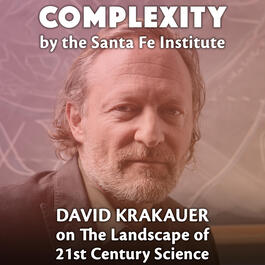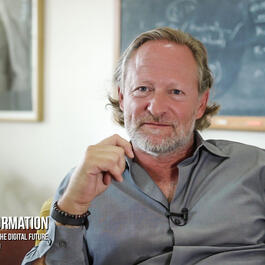
David Krakauer on The Landscape of 21st Century Science
For 300 years, the dream of science was to understand the world by chopping it up into pieces. But boiling everything down to basic parts does not tell us about the way those parts behave together. Physicists found the atom, then the quark, and yet these great discoveries don’t answer age-old questions about life, intelligence, or language, innovation, ecosystems, or economies. So people learned a new trick – not just taking things apart but studying how things organize themselves, without a plan, in ways that cannot be predicted. A new field, complex systems science, sprang up to explain and navigate a world beyond control. At the same time, improvements in computer processing enabled yet another method for exploring irreducible complexity: we learned to instrumentalize the evolutionary process, forging machine intelligences that can correlate unthinkable amounts of data. And the Internet’s explosive growth empowered science at scale, in networks and with resources we could not have imagined in the 1900s. Now there are different kinds of science, for different kinds of problems, and none of them give us the kind of easy answers we were hoping for. This is a daring new adventure of discovery for anyone prepared to jettison the comfortable categories that served us for so long. Our biggest questions and most wicked problems call for a unique and planet-wide community of thinkers, willing to work on massive and synthetic puzzles at the intersection of biology and economics, chemistry and social science, physics and cognitive neuroscience. Visit our website for more information or to support our science and communication efforts. Join our Facebook discussion group to meet like minds and talk about each episode. David Krakauer's Webpage & Google Scholar Citations. Follow us on social media: Twitter • YouTube • Facebook • Instagram • LinkedIn
From "COMPLEXITY"




Comments
Add comment Feedback